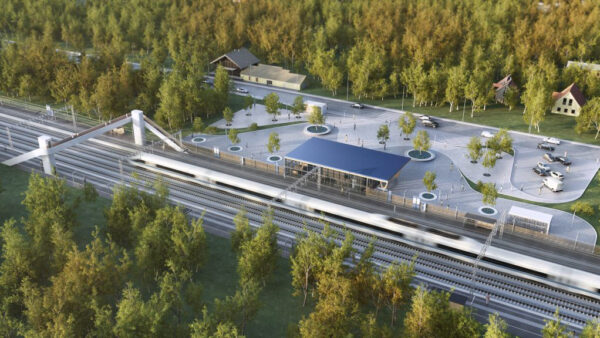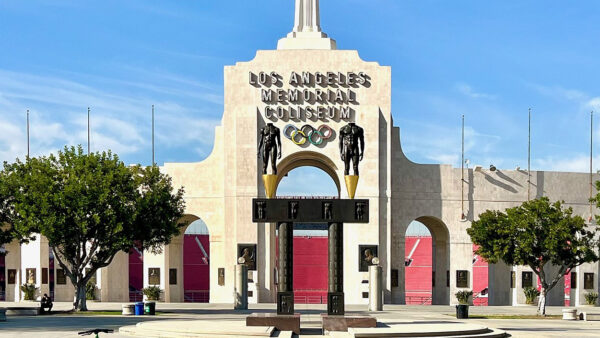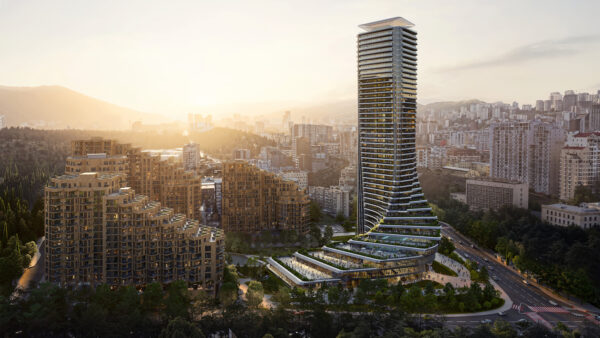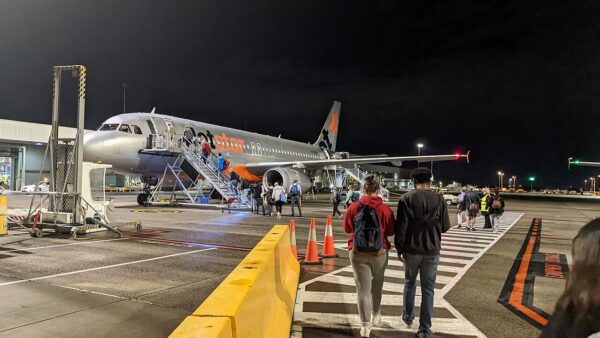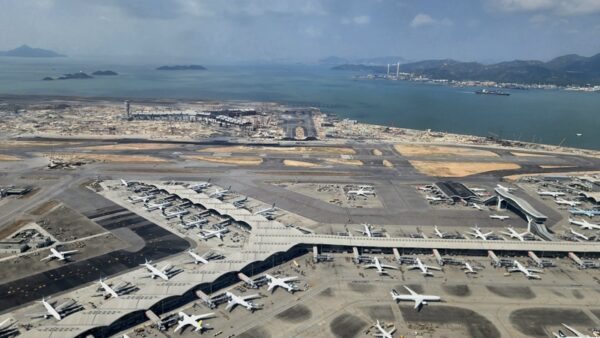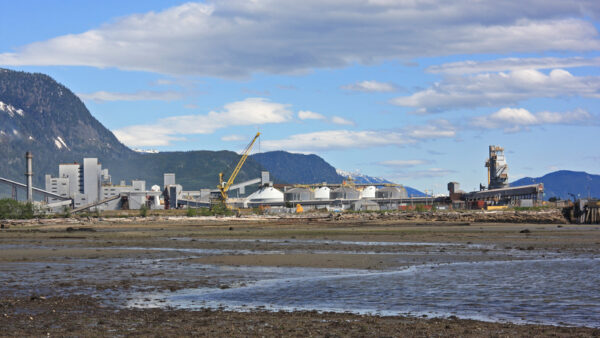The government of Japan is considering providing finance for a subsurface transport hub and shopping complex in the centre of Ho Chi Minh City in southern Vietnam.
Japan is looking at a scheme in the Ben Thanh Market area in District 1 at a point where four metro lines meet – one of which is presently under construction.
It is expected that six lines will eventually be built, as well as a link to Tan Son Nhat International Airport–
Nguyen Huu Tin, the vice chairman of the city’s People’s Committee, said the construction of the hub was critical, as it would attract visitors to the shopping centre.
According to Vietnam News, the plan was discussed during a meeting last week between Tin and Kisaburo Ishii, the Japanese deputy minister for land, infrastructure, transport and tourism.Â
Ishii said the work would be taken on by Toshin Development, a Japanese shopping mall specialist.Â
Toshin has already submitted its design for the Ben Thanh Commercial Centre to the People’s Committee, Ishii said.Â
Japanese loans would fund the work, offered under the official development assistance scheme. Ishii described the scheme as a “big ticket item”, but added that investors would receive a high return and plenty of other benefits, although the payback period would be about 10 years.Â
The discussions with Japan come amid deteriorating relations between Vietnam and China over ongoing territorial disputes in the South China Sea.Â
Over the past decade China has funded and built most of Vietnam’s industrial and infrastructure projects, sparking protest from Vietnamese industrialists last year.
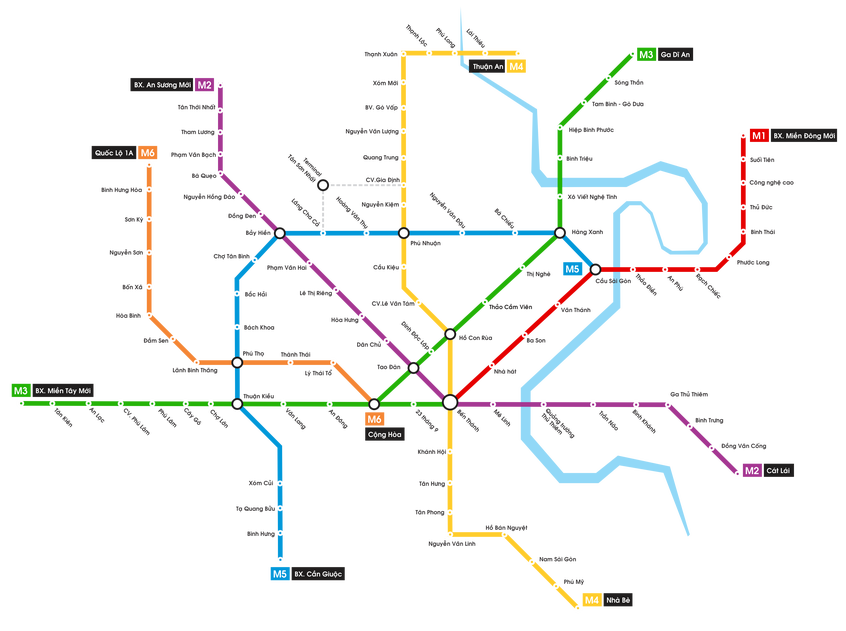
The planned metro system for Ho Chi Minh, for which Ben Thanh would be the central hub
The Ho Chi Minh metro is presently in the planning stage, with work advancing as funds become available. The first line, a $1.1bn, 20km link between Ben Thanh and Suoi Tien, is scheduled for completion in 2020. Korean contractors, Posco E&C and Daelim, are carrying out the work.Â
Work on a second $1.2bn line got under way in 2010. This section is being financed by the German Bank for Reconstruction, the Asian Development Bank and the European Investment Bank.Â
It is expected that six lines will eventually be built, as well as a link to Tan Son Nhat International Airport.





